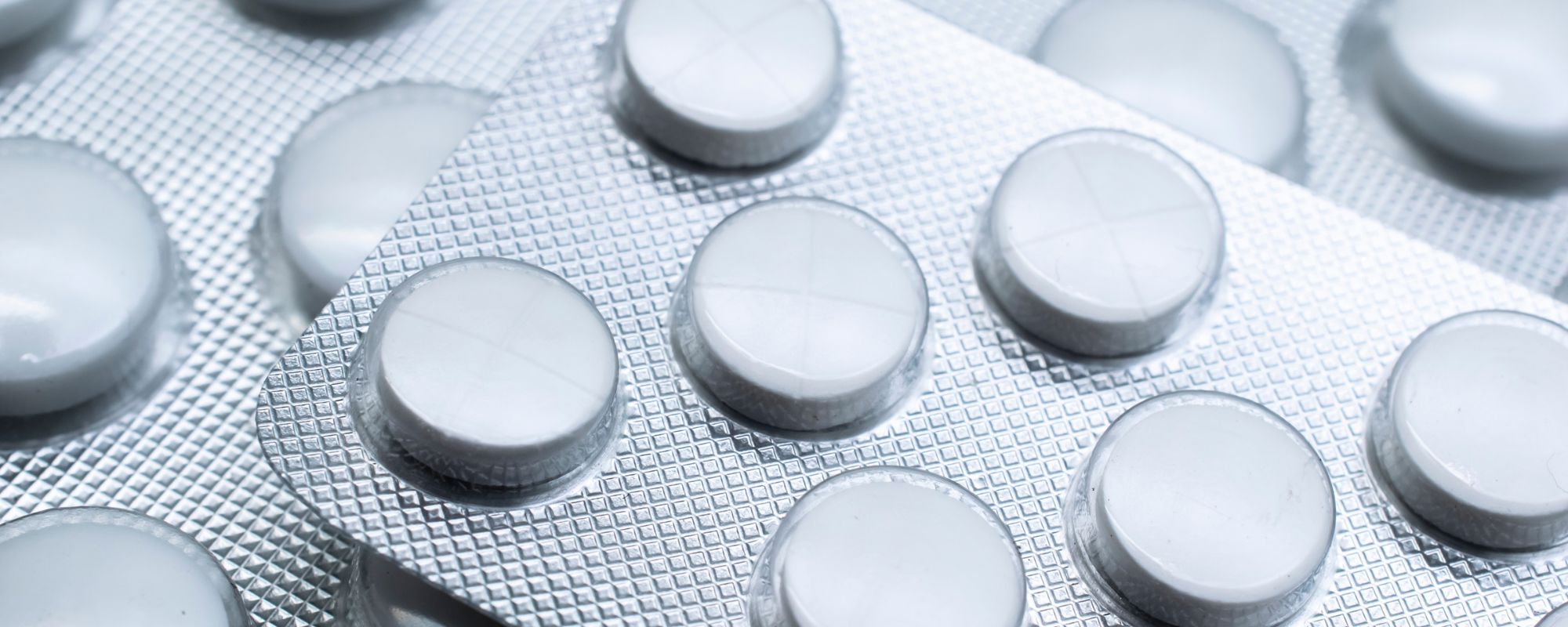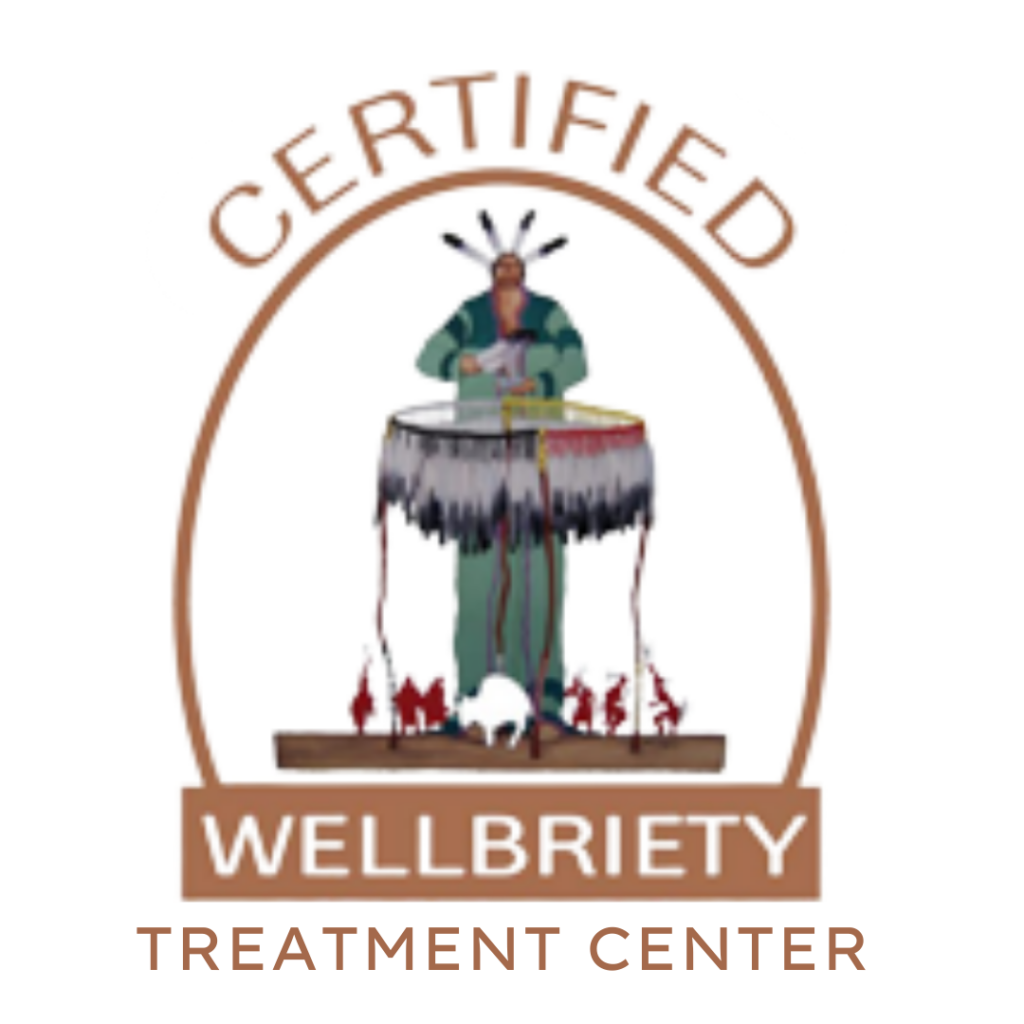Easily accessible and low in cost as compared with their “real” drug counterparts, synthetic drugs are on the rise, particularly now, at the height of America’s opioid crisis. Synthetics are lab-produced chemical compounds, and the New York State Department of Health defines them as drugs “with properties and effects similar to a known hallucinogen or narcotic but have a slightly altered chemical structure, especially such a drug created in order to evade restrictions against illegal substances.”
According to the Drug Enforcement Administration (DEA), over 200 synthetic drug compounds and over 90 synthetic marijuana compounds have been identified. Synthetic drugs can have “severe, adverse effects on health, a high potential for addiction and abuse, and be potentially life-threatening,” according to the Community Anti-Drug Coalitions of America (CADCA). Often, synthetics are more powerful— and more deadly— than drugs derived from naturally-occurring compounds and are proving just as difficult to regulate.
Though some synthetics, such as fentanyl, are produced legally in the U.S. and FDA-regulated for pharmaceutical purposes, most are produced outside the U.S. and smuggled in from countries like Mexico and China. Flakka, fentanyl, K2/Spice, and bath salts are just several deadly synthetics that can be found too easily on the street.
Flakka
Flakka, a man-made stimulant with effects similar to that of cocaine and methamphetamine, was banned in 2012, and largely replaced the use of bath salts. A small dose can result in extreme symptoms such as delirium, violent behavior, paranoia, and high body temperature that may lead to kidney or heart failure, among other serious health complications.
Fentanyl
A cheaper, more powerful alternative to heroin, fentanyl is a synthetic opioid that has gained popularity in recent years. Fentanyl is incredibly dangerous— 50 times more potent than heroin and 100 times more potent than morphine, according to the DEA— as inhalation or absorption of very small amounts may result in overdose or death.
Street drugs like heroin are increasingly being cut with fentanyl because of its comparatively low cost, making other illegal drugs even more dangerous. Though the painkiller has been in use since the 1960s (it is still legal in certain forms), it did not show up in deadly amounts as an illegal synthetic on streets across the nation until 2007. Between the last half of 2016 and the first half of 2017, fentanyl-related overdose deaths doubled, according to a report by the Centers for Disease Control and Prevention (CDC), and there were over 20,000 overdose deaths involving synthetic opioids in 2016.
K2/Spice
Cannabinoids such as K2/Spice mimic marijuana’s THC effects. The CADCA cites severe agitation and anxiety, nausea, vomiting, tachycardia, elevated blood pressure, tremors and seizures, hallucinations, and suicidal thoughts as some of the effects of synthetic cannabinoids.
Bath salts
Though flakka largely replaced bath salts on the synthetic drug market several years ago, synthetic cathinones are still used by some as cheap alternatives to methamphetamine and cocaine. Bath salts can cause paranoia, hallucinations, and panic attacks, and much remains unknown about how the chemical makeup of bath salts affects the brain.
Because synthetic drugs are constantly being reformulated, ingredients are often unknown, which leaves potential health effects and overdose amounts a mystery to public health officials and identification and regulation of synthetics a difficult task. The pervasiveness of these drugs makes drug dependence and abuse even riskier, as users can unknowingly smoke or inject a fatal dose and overdose.
If you or a loved one has a substance use disorder, please reach out to us for help. We treat dependence on opioids, cocaine, methamphetamines, benzodiazepines, and alcohol. Our admissions team at Royal Life Centers at the Haven is available 24/7 at (877)-RECOVERY to answer your questions about detox and treatment.
























